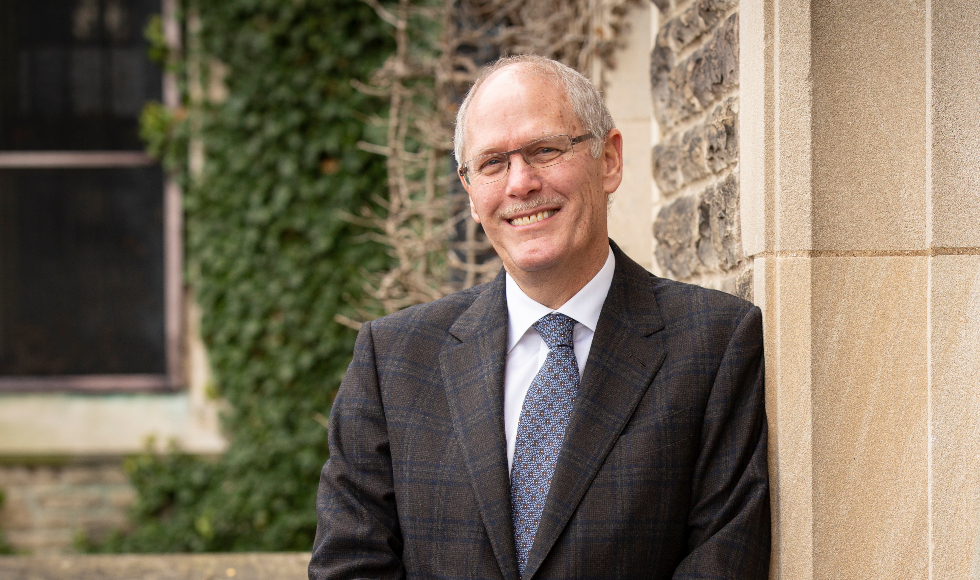After a nine-month international search, McMaster University has found its new president.

David Farrar – the current acting president who joined the university in 2017 as provost and vice-president of academic – has had his appointment approved by the university’s senate and board of governors.
“The Committee unanimously agreed that Dr. Farrar was uniquely positioned to lead McMaster, given the calibre of his research and leadership experience at world-renowned universities, his commitment to build on McMaster’s history of innovation, and his unwavering belief in the faculty, staff, students and alumni who give the university its potential to do even more,” Brad Merkel, chair of the board of governors, said in a statement on Thursday.
The new president is expected to serve as president and vice-chancellor for a five-year term, effective July 1, 2020. Farrar has been acting president since the departure of Patrick Deane.

Get daily National news
Farrar told Global News that “taking chances” will be an important part of the philosophy he’s planning for the public research facility going forward.
He points back to a time 50 years in which the school took on number of non-traditional teaching methods in its medical program.
- Michael Kovrig reflects on ‘brutally hard’ Chinese detention: ‘You’re totally alone’
- After controversial directive, Quebec now says anglophones have right to English health services
- Something’s fishy: 1 in 5 seafood products are mislabelled, study finds
- Conservatives set to table non-confidence motion Tuesday. What to expect
“It did a number of things that were heretical in the sense of moving away from traditional lectures, moving to problem-based learning and in medical school, introducing students to patients right from the very first class,” Farrar said.
“It went from a four-year degree to a three-year degree. It admitted non-traditional students into the medical program and really turned medical education upside down.”
Other innovations Farrar boasts are the school’s investments in the fields of electrified and autonomous vehicles, as well as radiopharmaceuticals connected to it’s own nuclear reactor which he believes will keep the school at the cutting edge of medical research.
“So radiopharmaceuticals and iodine 125, which is used to treat prostate cancer, that comes from us. So our research will continue to innovate. I think our teaching and our research with those innovations will really drive the local community and move Hamilton forward.”
A new strategic planning process will begin early in 2020, according to Farrar which will prioritize what he calls the “pace of discovery” and “the acquisition of knowledge.”
“I think I bring a vision for the future and that must’ve caught their attention. I think this university is on an upward trajectory and has the potential to really change this region and to make major contributions to some of the world’s big problems,’ said Farrar.
Farrar previously spent more than 10 years at the University of British Columbia in a leadership role and also spent time at the University of Toronto, serving in the university’s chemistry department.









Comments